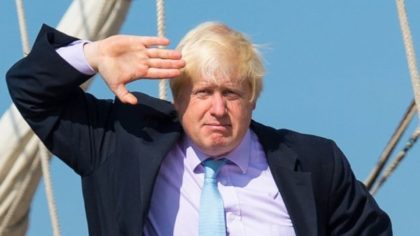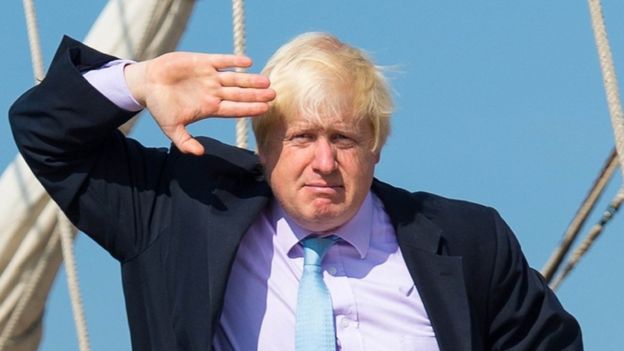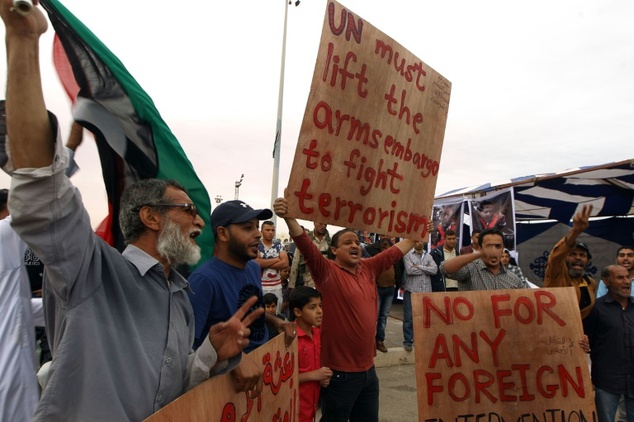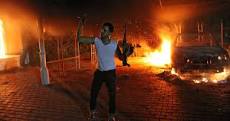 UK Foreign Secretary Boris Johnson visited Thursday Benghazi wherein he met Field Marshall Khalifa Haftar, the Head of the Libyan National Army, as well as members of the local House of Representatives, challenging the government of Fayez Al-Serraj.
UK Foreign Secretary Boris Johnson visited Thursday Benghazi wherein he met Field Marshall Khalifa Haftar, the Head of the Libyan National Army, as well as members of the local House of Representatives, challenging the government of Fayez Al-Serraj.
This is the first visit by a UK government minister to Benghazi since 2011 and the first time that the Foreign Secretary has met Field Marshall Heftar.
This reflects UK efforts to reach out to Libya to persuade all parties to engage in the political process and work together to bring peace and stability to Libya.
According to Boris Johnson, “a secure and stable Libya, better able to deal with the threat from terrorism and the challenge of migration, is firmly in the UK interests”.
The Libyan people “need a stable state that can meet their fundamental economic and security needs. That requires all sides to compromise and work together. Only a united Libya can defeat the terrorists and smuggling networks who are exploiting the instability”, he said in Benghazi.
“That’s why we are reaching out to all sides in Libya in support of the United Nations work to amend the Libyan Political Agreement so that it delivers for all Libyans”, added the top British diplomat.
“Field Marshall Haftar has a role to play in the political process. I urged him to adhere to the commitments he made during recent meetings in Paris, to respect a ceasefire, and to work with Mr. Ghassan Salamé (UN special representative) in order to amend the Libyan Political Agreement”, underlined Boris Johnson.
“Ultimately it will be for Libyans to decide what an acceptable compromise looks like. I have encouraged all sides to resolve their differences by dialogue, not conflict, and to respect international human rights law”, he went on to say.
The Foreign Secretary’s visit to Benghazi follows meetings in Tripoli yesterday with Prime Minister Fayyez Al-Serraj, the President of Libya’s High State Council Abdurrahman Swehli and a visit to Misrata to meet with political leaders there.
During his last visit to Libya in May, the Foreign Secretary met the President of the House of Representatives Agila Salah, in Tobruk.
In Benghazi the Foreign Secretary also met with representatives from the Benghazi Free Zone and discussed opportunities for UK companies to help stabilize Libya. The project is designed to help diversify the city’s economy and is already being supported by UK companies.
Libya is likely to feature high on the international agenda during the United Nations General Assembly (UNGA) week in September. Ahead of UNGA, the Foreign Secretary will be working intensively with key partners to galvanize international support for a renewed effort to break the political deadlock in Libya and the UK will be at the forefront of efforts to support the new UN Special Representative, Ghassan Salamé to revitalize the political process.



